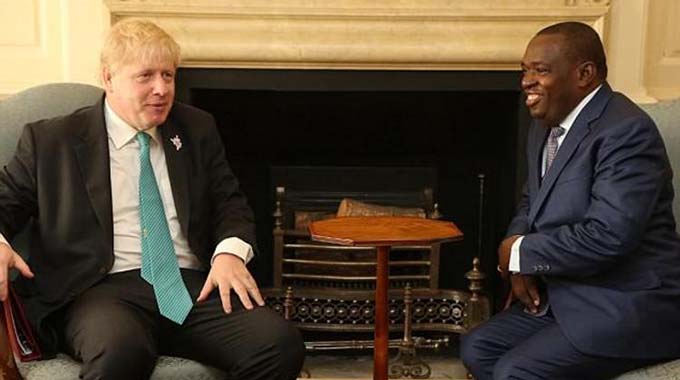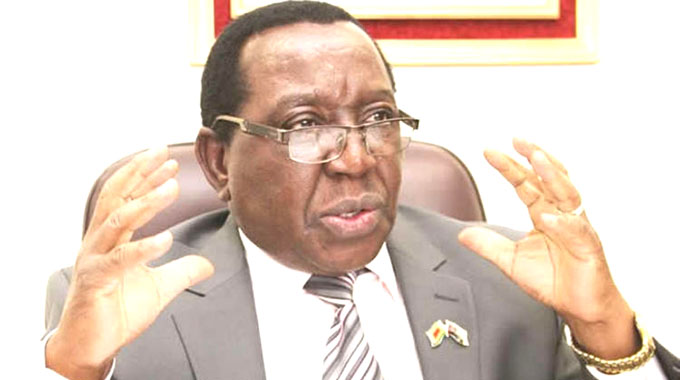Editorial Comment: Johnson’s rise opportunity for re-engagement

Mr Boris Johnson, a former British foreign minister and mayor of London, was yesterday elected leader of the ruling Conservative party, taking over from Theresa May.
He becomes the Prime Minister of Britain by dint of that elevation.
His ascendancy — largely expected — has many watchers across the world for different reasons, with the immediate challenge from the home constituency being that of delivering Brexit, a plan to pull out the country from the European Union (EU) bloc.
His predecessor, May, did a fudge of it, failing to negotiate an exit in the last three years. Other watchers will likely be interested in how he handles larger global geopolitics and how he will relate to the leader across the pond — in the United States of America — and how these relations could shape the world.
In Zimbabwe, we are no less keen to see how Mr Johnson will handle bilateral relations that have been mired in complex historical and political issues.
It becomes even more important that Zimbabwe — Britain’s former colony — has openly waved the policy of re-engagement with the West, and Britain is at the centre of this new policy by President Mnangagwa.
Mr Johnson is not new to the Zimbabwe issue and the central question of land in the bilateral and historical matrices and his previous comments provide useful insight into how he appreciates the situation.
Writing for The Telegraph newspaper in February 2015, then London mayor Mr Johnson said his country under the leadership of Tony Blair had played a “shameful” role in Zimbabwe’s economic woes.
“There had to be a ‘willing buyer, willing seller’. The British government agreed to fund the arrangement, compensating the former colonial farmers for land that they gave up. Under that arrangement the white farmers were able to survive — more or less; Zimbabwe remained economically viable — more or less.
“And then in 1997, along came Tony Blair and New Labour, and in a fit of avowed anti-colonialist fervour they unilaterally scrapped the arrangement. The overseas development minister, Clare Short, made it clear that neither she nor Blair gave a stuff about the former colonial farmers,” wrote Mr Johnson.
This recognition of the centrality of the land question on the part of Mr Johnson is key, and we anticipate it could be a huge turning point as he becomes the premier.
Three years later in April 2018, when Mr Johnson was foreign secretary, he met Zimbabwe’s Foreign Affairs and International Trade Minister Sibusiso Moyo and said Britain would support a Zimbabwean application to rejoin the Commonwealth.
Again, the Commonwealth issue is important, with Zimbabwe’s rejoining being considered something desirable, including to the British Queen.
Overall, we anticipate that Britain and Mr Johnson will be guided by the willingness by Zimbabwe to be reintegrated into the global family of nations.
As a sweetener, the country has taken deliberate policies to make such reintegration less cumbersome.
President Mnangagwa has made it clear that the country is “open for business” and is to “champion the rapprochement and re-engagement with the Western world and international financial institutions which the country had been estranged from”.
The “shameful” past can be buried in a new era of re-engagement and it would be a milestone for Zimbabwe’s full re-engagement with Britain and the Western world were this to be achieved during the tenure of Mr Johnson.









Comments